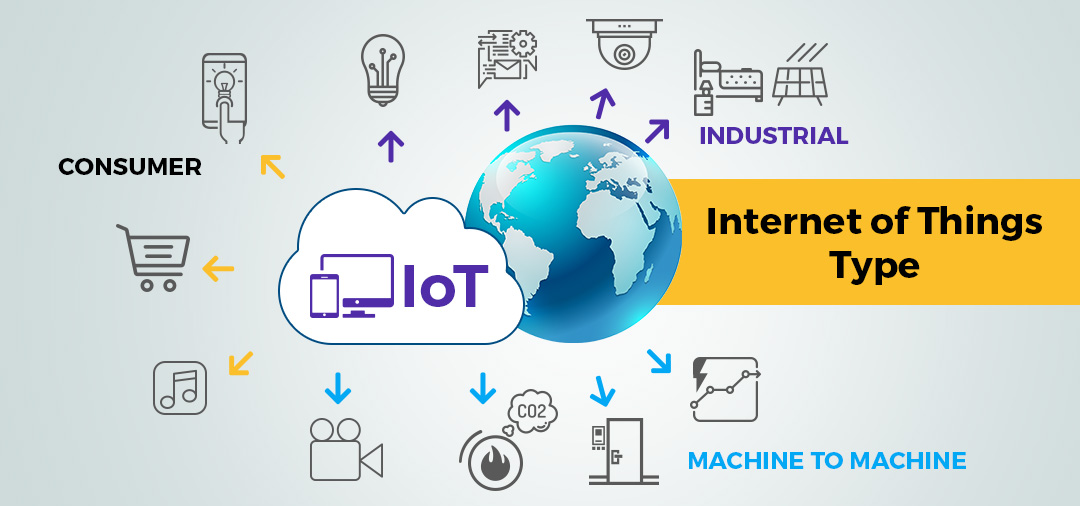

The internet has certainly changed the way we live, work, think, feel, and behave. The way humans solved problems in the past has now evolved through the power the worldwide web offers.
Over the years, programming has become easier and more accessible, bringing about rapid innovation and technological advancement.
Connectivity now goes beyond computers, laptops, and mobile devices to various machines and daily items such as cars, home appliances, office devices, and more. The Internet of Things or IoT is certainly making industries and cities around the world much, much smarter.
With IoT sim cards, it’s easier to make “things” smart and address various industry problems. Here are some industry problems that can be solved by IoT.
When it comes to the security of your business, IoT can definitely help save the day. IoT sim cards can be applied to various devices that can be connected to sensors such as clothing with biometric sensors, facial recognition, footprint sensors, and more to increase the security of homes, offices, and buildings.
Just imagine the applications—doors can be unlocked through facial recognition, lights can be activated with motion or footprint sensors, the camera is activated and a live feed is triggered on your smartphone, or the police can automatically be notified if an intruder breaks a lock in your home.
Today, more hospital equipment and tools are interconnected with each other. A heart monitor that’s connected to the nurse’s station, for instance, will automatically trigger an alarm when the patient goes into tachycardia, bradycardia, and other cardiac emergencies.
An out-patient’s health status can be monitored by doctors and health professionals remotely. Indeed, IoT can help save lives by connecting people with health professionals in real time.
Overpopulation in large cities and urban areas lead to the growth of the number of vehicles on the road, resulting in traffic congestion on major roads and highways.
Connected devices powered by IoT sim cards such as traffic lights, smartphones, cars, GPS devices, and cameras can be used to monitor traffic patterns, inform drivers of traffic situations, and help governments determine appropriate solutions to traffic problems.
When roads are congested, it results in a delay in response time of ambulances and emergency teams. A city in Andhra Pradesh, India, for example, installed IoT devices in their ambulances that communicate with traffic signals, so emergency vehicles can quickly navigate through the city.
The world’s natural resources are already depleting, and people are starting to feel the repercussions of a wasteful lifestyle. As such, energy conservation is vital in today’s world. Not only does it help households save money, but it also encourages consumers to be more conscious about preserving natural resources.
IoT has made homes smarter, so its application in energy conservation is more accessible. Smart appliances can inform homeowners of real-time consumption so that they can monitor their energy usage.
Reports can easily be generated or extracted, allowing homeowners to monitor their daily, weekly, and monthly energy consumption accurately. In addition, sensors can be installed so that when owners leave the house, appliances will automatically turn off to conserve energy.
A bountiful harvest relies heavily on natural events, elements, and conditions. IoT can help farmers and agricultural workers predict these occurrences, so they can properly plan and strategize.
Additionally, farming and agriculture can be physically laborious, but when equipment is connected to these planning devices, the manual labor can be automated. For instance, a temperature sensor can automatically tell the sprinklers to turn on when the reading is high.
The internet of things is paving the way for smart solutions to various industry problems. As the technology evolves, so do these solutions become more sophisticated, leading to a better quality of life and better business opportunities.
IoT has now gone beyond the smart home, and is being applied everywhere you go. In the years to come, expect more devices to become connected with each other through IoT sim cards.
Sign up for our latest blog posts and we’ll keep you updated. Oh, and we don’t spam.